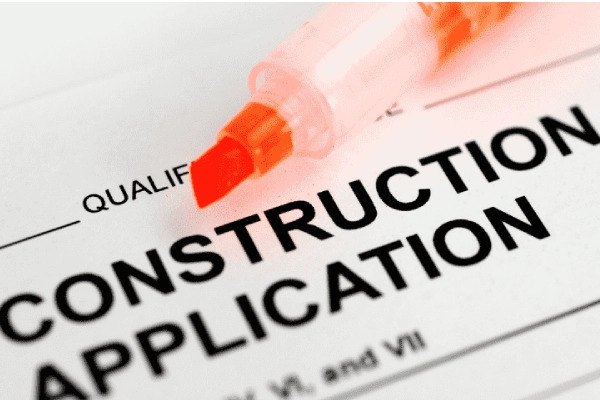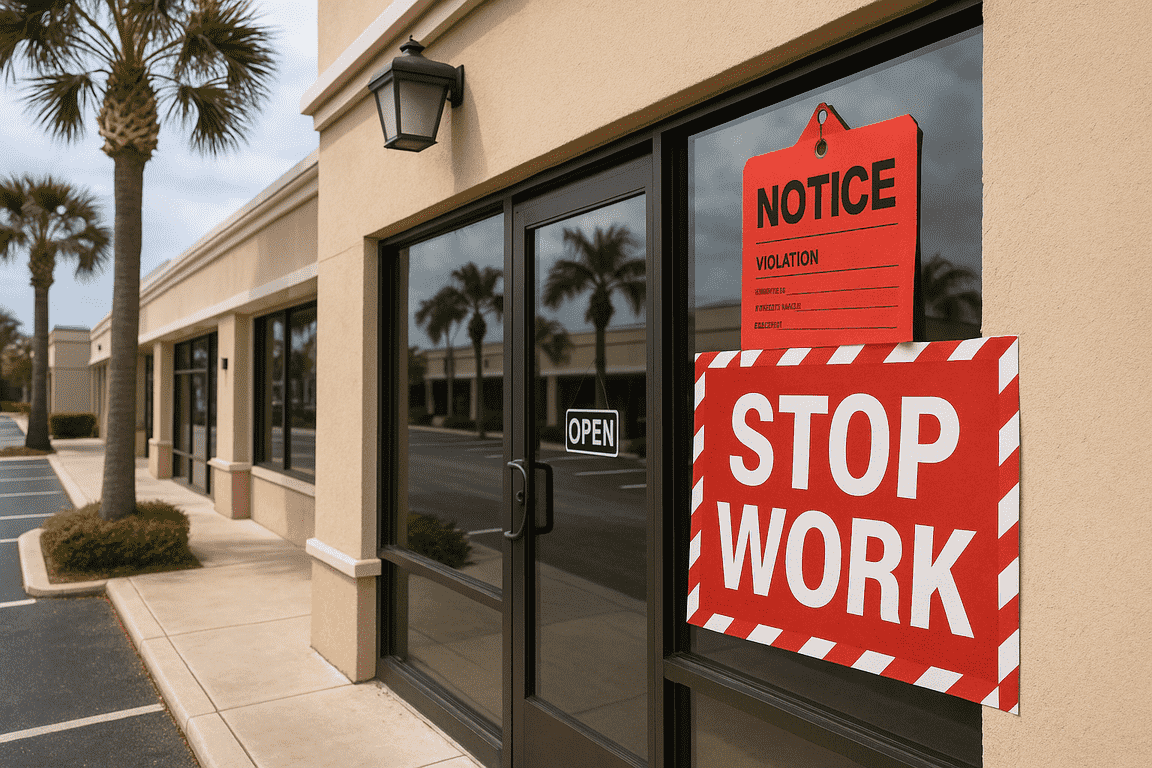Why Investors Check Permit History Before Buying in Palm Beach
Looks can fool you in real estate. In Palm Beach County, a property might shine on the outside, but the real story is in the permit records. Skip this check and you could end up with unfinished work, old violations, or repairs that never passed inspection. The paperwork is where the real risks hide.

What the Records Reveal
Permit records don’t just sit in a file. They shape the future of every property. They show what’s been built, what’s been fixed, and what’s been ignored. Investors who skip this step end up with stalled projects, legal battles, or properties that can’t be improved or sold without a fight.
- Building permits with dates and project details
- Inspection results: pass, fail, or missing entirely
- Code violation history, including unresolved issues
- Contractor names and license numbers
- Property liens and special assessments
- Zoning compliance and any variances
Every item on this list matters. A missing inspection isn’t just a clerical error. It can mean work was never checked. A code violation from years ago can still block a sale. Construction permit compliance isn’t just a box to check. It’s the difference between a property that moves and one that sits.
Open Permits Don’t Disappear
Open permits stick to a property like glue. They don’t vanish when the deed changes hands. They follow the address, not the owner. Buy a property with open permits, and you inherit the mess. Contractors may have walked off the job. Inspections may have failed. The city may be waiting for someone, anyone, to finish the work or pay the fines.
Open permits block progress. You can’t pull new permits until the old ones close. Lenders hesitate. Title companies flag the file. Insurance companies ask questions you can’t answer. Property code violations stack up, and the cost to clear them grows with every month of delay.
Closed Permits Aren’t Always Clean
Closed permits look good on paper, but not every closed permit means the work was done right. Sometimes, permits close without a final inspection. Sometimes, paperwork gets pushed through to clear a backlog, not because the job passed. A closed permit with missing inspections or odd gaps in the timeline deserves a second look.
Dig into the details. Check for administrative closures. Look for permits that closed years after the work started. These are signs of trouble: work that may not meet code, repairs that never got checked, or additions that could fail the next inspection.
Red Flags in the Permit Trail
Patterns in the paperwork tell you more than any listing. Multiple expired permits? That’s a sign of abandoned projects. Gaps in inspection records? Someone skipped steps. Frequent contractor changes? The job may have gone sideways, or the owner may have tried to cut corners.
- Unpermitted additions: rooms, decks, garages that don’t show up in the records
- Electrical or plumbing work with no permits or inspections
- Old code violations that never closed
- Property liens tied to unfinished work or unpaid fines
These aren’t minor details. They can block a sale, trigger insurance denials, or force you to tear out and redo work at your own expense. A property with a clean permit history moves fast. One with a messy trail drags everyone down.
Why Investors Dig Deep
Serious investors don’t just glance at the records. They dig. They want to know who pulled the permits, who did the work, and whether the city signed off. They check contractor licenses for suspensions or complaints. They look for patterns: repeat violations, rushed closures, or projects that stalled for years.
Professional permit expediters make this process faster and more reliable. We know where to look, which records matter, and how to spot problems before they become deal-breakers. Our team pulls files from every jurisdiction, cross-checks contractor details, and flags anything that could slow down a closing or trigger a costly repair.
Investors who skip this step end up paying for someone else’s shortcuts. Those who do the work up front get properties that are ready to improve, refinance, or sell. No last-minute surprises.
Getting Ahead of the Problems
Waiting until after closing to fix permit issues is a losing move. Once you own the property, every problem becomes your responsibility. Code violation repairs cost less and move faster before the deal closes. You can negotiate with the seller, demand repairs, or walk away if the problems run too deep.
Investors who get the full report avoid delays, legal fights, and unexpected costs. They know what they’re buying, what needs fixing, and how to move forward without getting stuck in red tape.
Your Palm Beach County Permit Professionals
Code Pro of The Palm Beaches LLC helps investors make informed decisions with thorough permit history research and expert guidance. Call us at 561-446-2929 or contact us for fast, professional permit research services.
‹ Back







